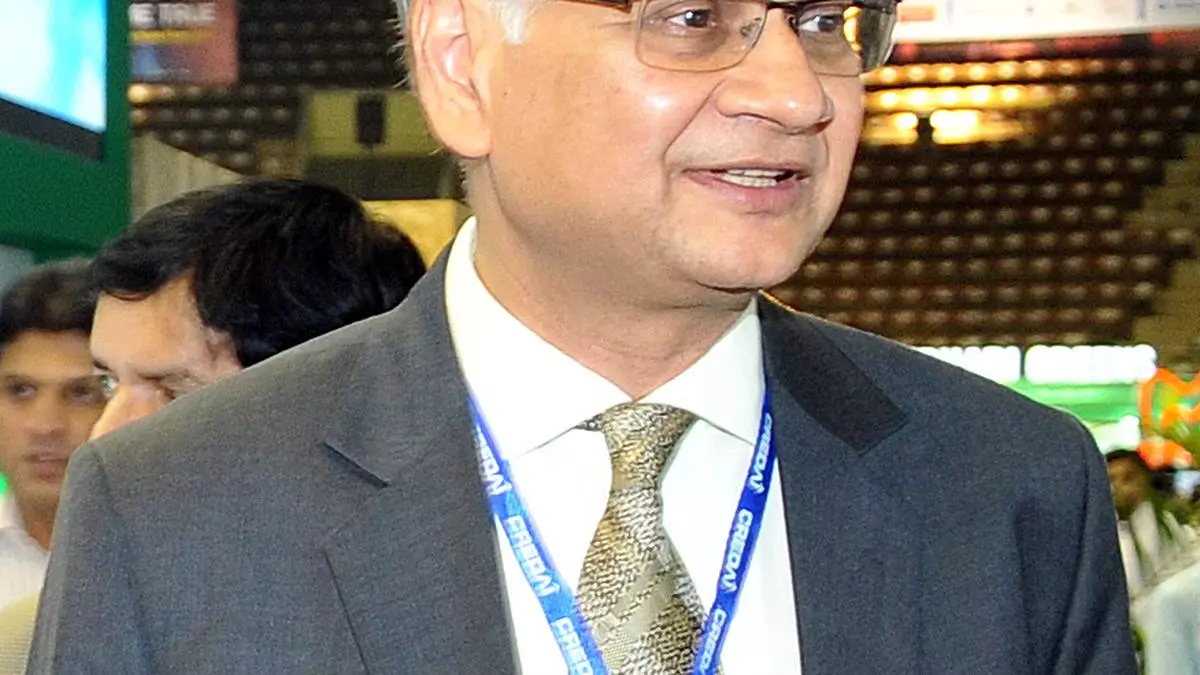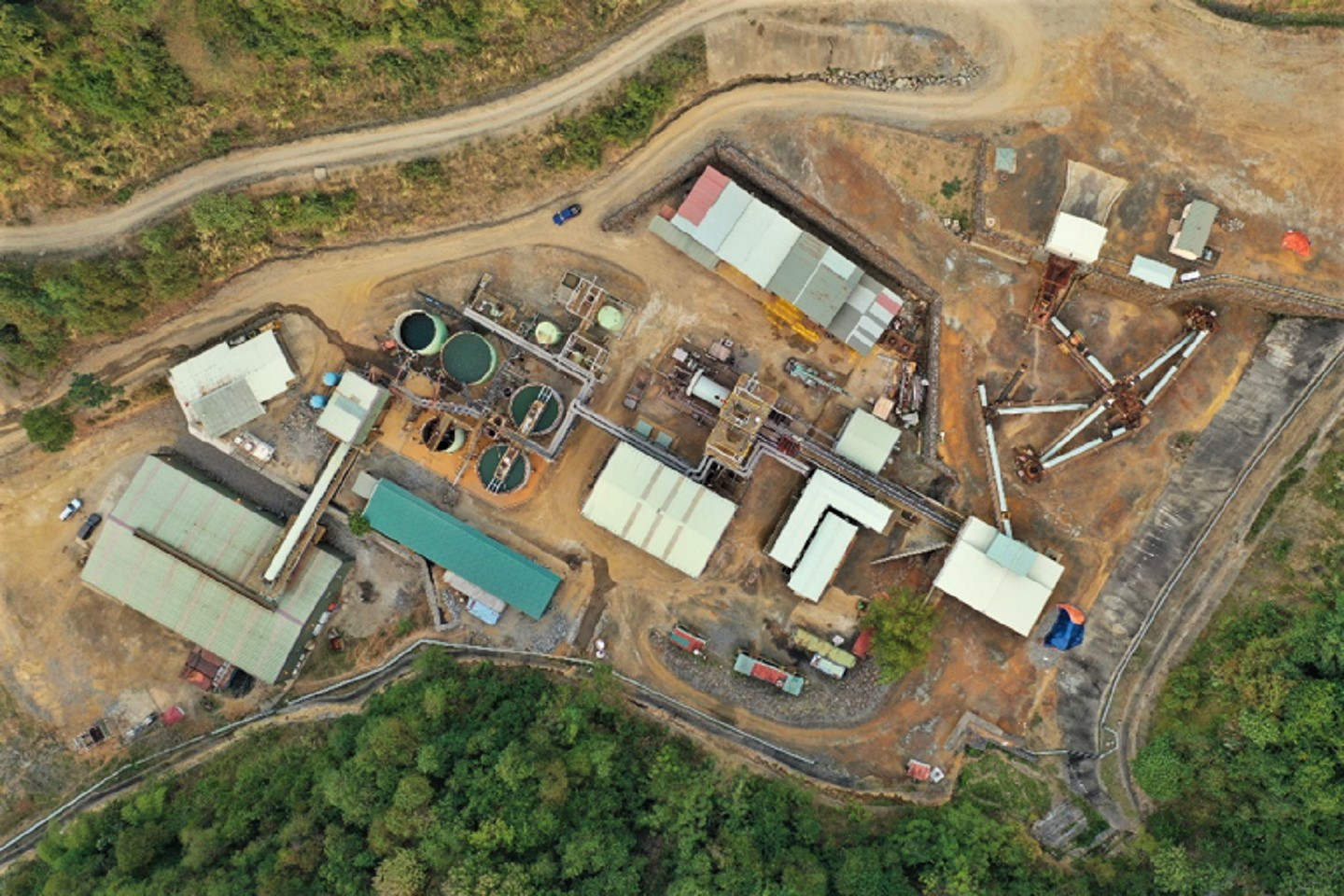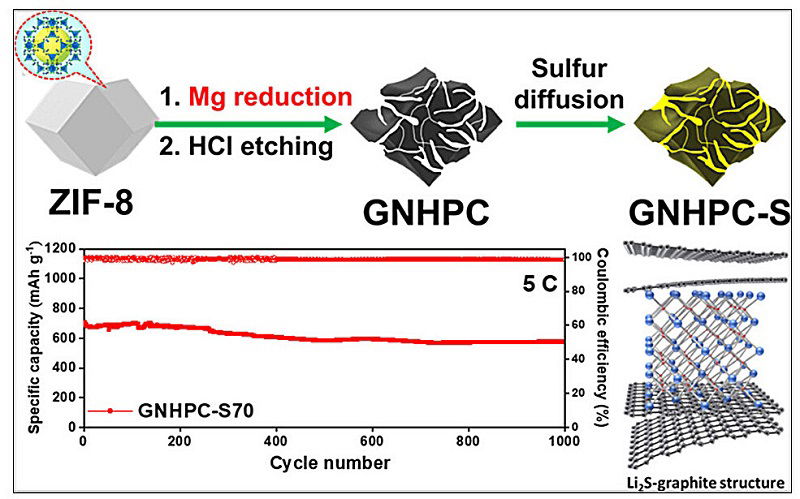
The World Health Organization (WHO) said that five years ago, its Country Office in China came across a media statement on the Wuhan Municipal Health Commission’s website regarding cases of “viral pneumonia” in Wuhan. Shortly after, COVID-19 would go on to profoundly impact the world with a pandemic that caused lockdowns and the deaths of millions worldwide.
The biopharmaceutical industry has earlier shared valuable insights for future pandemic preparedness, drawing from its successful experience in developing and manufacturing vaccines, treatments, and diagnostics to combat COVID-19. These lessons are essential as COVID-19 continues to evolve, and as new health threats emerge.
In late December, China’s disease control authority announced that it is testing a new monitoring system for pneumonia of unknown origin, anticipating an increase in cases of certain respiratory illnesses throughout the winter.
A report by the International Federation of Pharmaceutical Manufacturers & Associations (IFPMA), titled “Applying Lessons Learned from COVID-19 to Create a Healthier, Safer, More Equitable World,” outlines key actions to better prepare for future pandemics or health emergencies.
At the heart of these lessons are the urgent need for pathogen and surveillance sharing, fostering an innovation-driven ecosystem, regulatory flexibility, partnerships focused on health equity, strengthening health systems, and maintaining vaccine confidence, according to the IFPMA.
One critical lesson emphasizes the importance of pathogen surveillance and sharing. While additional investments are necessary to improve and expand pathogen and disease surveillance, ensuring immediate access to pathogens and their genetic data is equally vital.
The report also highlights the significance of partnerships to accelerate research, development, and manufacturing. Effective global collaborations, including over 330 public-private, private-private, and academic partnerships, played a key role in speeding up R&D and vaccine production. This collaboration led to a remarkable increase in vaccine doses — from zero in 2020 to over 12 billion doses administered by 2022.
Another lesson points to the importance of advance market commitments, which support the scaling up of manufacturing capacity for a global pandemic response. Advance market commitments for COVID-19 vaccines and therapeutics enabled crucial investments in production and technology transfer.
The role of innovation is also underscored. Years of research and development investment, even in the face of failures, laid the foundation for the rapid development of mRNA and viral vector vaccines for COVID-19. For example, the first approved vaccine was developed in just about a year, with early vaccine shipments from research-based pharmaceutical companies arriving by early 2021.
However, the report also notes the challenges posed by delays in the availability of globally sourced components. Shortages of raw materials, compounded by trade restrictions and intense competition for supplies, hindered the efficient manufacturing and distribution of COVID-19 vaccines and treatments.
For low-income countries, the report stresses the need for an organized procurement system. The IFPMA points out that the COVAX facility was not adequately funded or structured in time to secure advance purchase agreements at the same scale as high-income nations.
Regulatory flexibility and convergence were crucial in ensuring the safety and speed of vaccine access. The rapid development of COVID-19 vaccines was made possible by unprecedented collaboration between industry and national/regional regulatory authorities, allowing for a balance of speed, safety, and efficacy.
The report also warns that vaccine nationalism undermines global health security. Policies like export restrictions and vaccine hoarding, driven by national interests, likely extended the duration of the COVID-19 pandemic. Strengthening healthcare delivery infrastructure is another key takeaway. There is a collective responsibility to ensure equitable access to vaccines and treatments while building the necessary infrastructure to support timely delivery in future health crises.
Lastly, maintaining vaccine confidence is critical for future success. Sustained public trust in vaccines and the systems that distribute them is essential to overcoming the pandemic. Building public confidence through concerted, cross-sector efforts is necessary not only during the pandemic but also in preparation for future health emergencies.
The IFPMA’s “lessons learned” serve as a reminder of the importance of building on past successes while addressing the gaps identified in pandemic preparedness. These lessons must guide future efforts so that we don’t lose the progress made in combating current health threats and remain better prepared for emerging illnesses that could be of pandemic proportions.
The lesson remains clear: “No one is safe until everyone is safe.”
Teodoro B. Padilla is the executive director of Pharmaceutical and Healthcare Association of the Philippines which represents the biopharmaceutical medicines and vaccines industry in the country. Its members are in the forefront of research and development efforts for COVID-19 and other diseases that affect Filipinos.









Leave a Comment